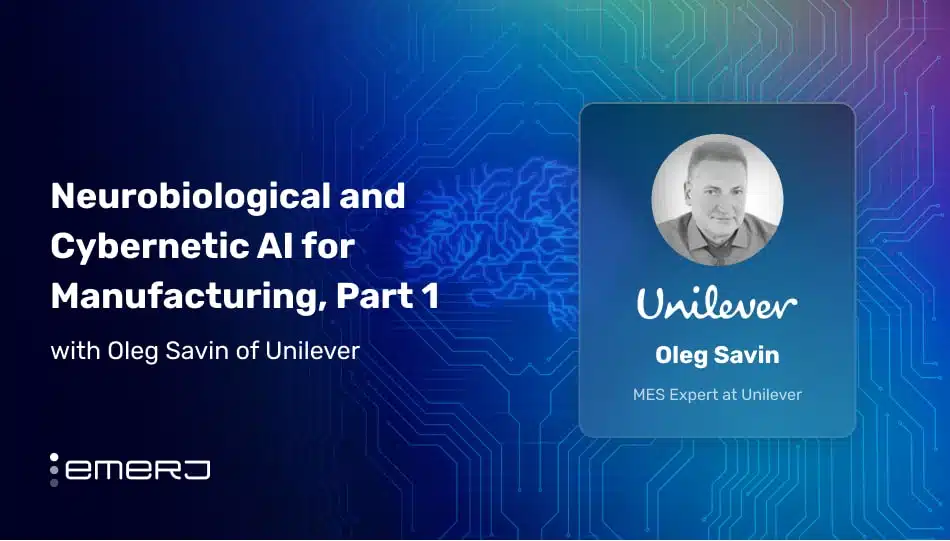1 – China’s Baidu Releases Its Artificial Intelligence Code
Baidu, China’s equivalent of America’s Google, released parts of its AI code to the public in an effort to keep up with Google, Facebook and other companies competing for the best AI algorithms to power its AI software. The company has aggressively invested in deep learning over the past few years, and recently developed a powerful speech-recognition system called Deep Speech 2. Baidu hopes that by releasing parts of its Warp-CTC code, that it will also invite the interests of researchers and startups who want to develop machine learning applications that are compatible with its technology.
(Read the full article on MIT Technology Review)
2 – Microsoft Neural Net Shows Deep Learning Can Get Way Deeper
In 2012, AI researchers from the University of Toronto won a competition ImageNet, an image recognition contest between machines. The team won using deep neural nets, which learns to make sense of what it sees by examining large swaths of images. In the years since this seminal moment for deep learning and computer vision, companies like Google, Facebook, and Microsoft use neural net-based computer vision systems that can sometimes surpass the accuracy of human vision. But ImageNet’s 2015 winner – Microsoft – has designed an imaging system called a deep residual network, which trumps the usual six or seven layers of mathematical operations with 152 layers. The move forecasts a next generation of deep learning, in which companies like Microsoft will use clusters of GPUs and other specialized chips to improve imaging systems, as well as natural language and computer speech recognition.
(Read the full article on Wired)
3 – IBM Acquires IRIS Analytics, Strengthening Fraud Detection Analytics
IBM has acquired real-time analytics company IRIS Analytics to help strengthen protections against payment fraud. IRIS fraud analytics engine uses machine learning to act as a virtual analyst, using learning models to help detect and combat fraud and reduce such events from occurring. The company’s technology connects AI and cognitive techniques with human experts to provide best-fit analytics models. Alistair Rennie, general manager of Industry Solutions, IBM, said
“By integrating IRIS Analytics with IBM’s counter fraud technology, we will help organizations more accurately detect fraud at scale and speed so that they are in a position to implement countermeasures quickly, with more control and transparency, while at the same time assists with dramatically lowering false positives.”
IRIS fraud-prevention system is already in use by banks and payment worldwide. IBM will merge its counter fraud activities with IRIS to help create evolving solutions for real-time payment fraud prevention.
(Read the full press release on IBM)
4 – University of Michigan, IBM partner on Advanced Conversational Computing System
University of Michigan (UM) and IBM have joined efforts to create AI-enabled conversational technologies, allowing people to interact with computers in more natural language. Named Project Sapphire, the venture includes developing and implementing a cognitive system that serves the role of academic advisor for UM’s undergraduate computer science and engineering majors. Researchers will use the interactions to collect data and observe how well machines converse with humans in goal-oriented situations. The project will use probabilistic and statistical methods of reasoning that better respond to specific contexts. Building such a system will serve as a jumping off point for applying the technology in a wide range of personal and business settings.
(Read the full press release on University of Michigan News)
5 – Health Care App Set For a Leap Into Artificial Intelligence
Babylon Health, a UK startup developing a mobile healthcare consultation app, gained $25 million in a new round of funding and inside sources state a now overall worth $100 million. The new funds secured from AB Kinnevik, a Swedish investment group, will go towards the company’s developing a new app version that is powered by artificial intelligence. The funding round will also include investments made by DeepMind founders Demis Hassabis and Mustafa Suleyman. Babylon’s app is a subscription-based service with a current count of 150,000 users, including employees at companies like Citigroup and Sky. Users can video conference with 100 doctors who are full-time employees of Babylon, and users can also book appointments at a health monitoring facility. Healthcare is another industry ripe for breakthroughs powered by AI, and this latest announcement comes as other companies – including Alphabet – create biotech subsidiaries to help streamline medicine and cure disease.
(Read the full article on Gulf News)



















